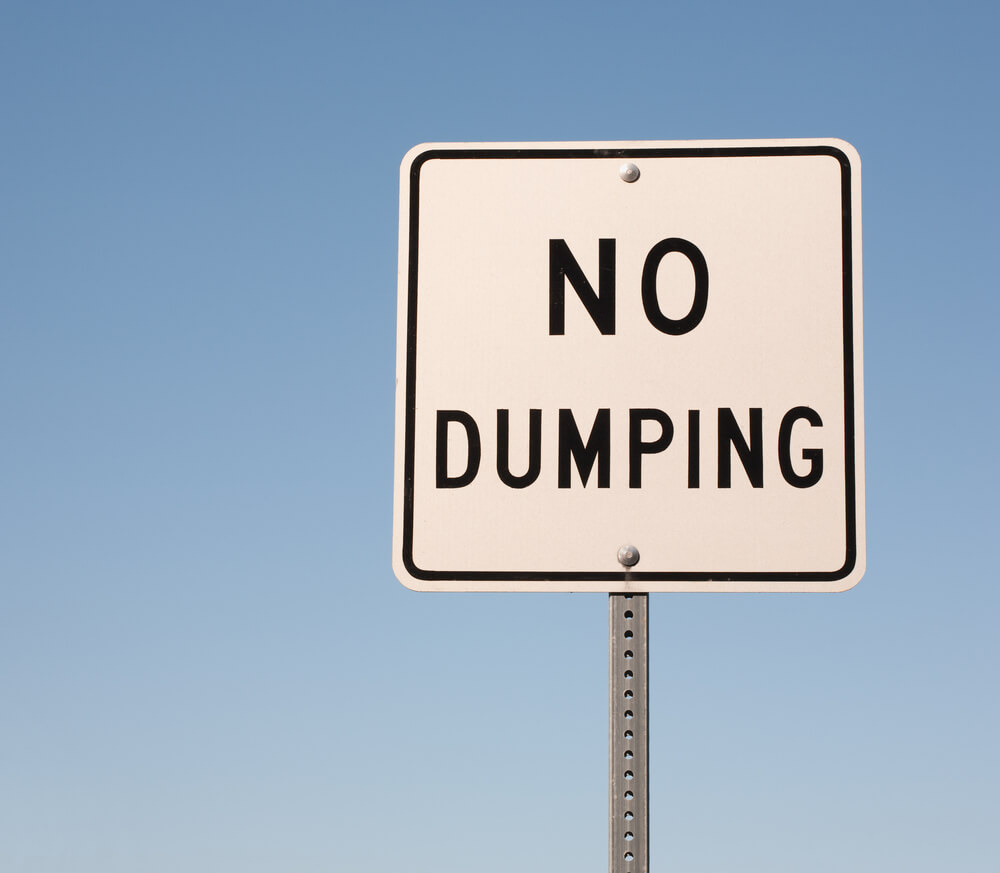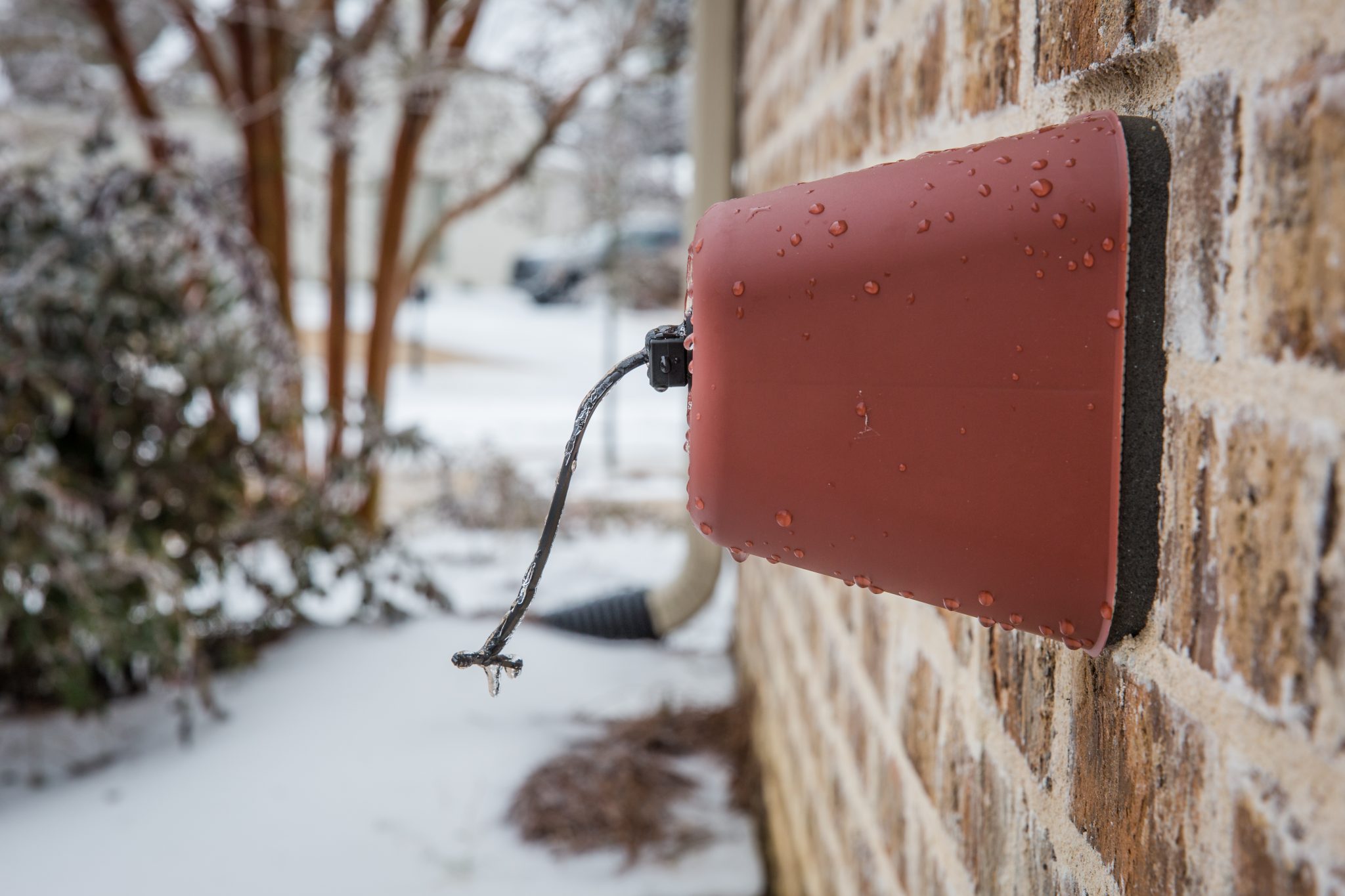Most of us want to live in a safe and clean world, but when illegal dumping occurs, our communities and environment are threatened. Discarded items in locations such as the woods or vacant parking lots are eyesores and can be hazardous to people and wildlife.
What is Illegal Dumping?
Illegal dumping refers to the unlawful act of disposing of trash on private or public land where doing so is not permitted. This includes discarding items like appliances, tires, household garbage, construction debris, autos and yard waste. Illegally dumping trash is considered a crime and a threat to public health and safety.
In rural areas, illegal dumping often occurs in forests, open fields, drainage ditches, waterways and behind culverts. Urban dumping shows up in vacant lots, alleyways and dumpsters. If the dumping occurs anywhere but a location designated for trash disposal, that constitutes illegal dumping.
Effects of Illegal Dumping
Illegal dumping has many negative effects on the environment. If non-biodegradable materials are dumped, certain toxic substances and chemicals can leach into the soil, contaminating the ground and nearby waterways. Plastic products can also pollute rivers, lakes, streams and oceans. Wildlife such as birds and fish can be harmed if they consume plastic waste or become entangled in it.
Illegal dumping can also be a fire hazard. Piles of trash and discarded chemicals can combine to create combustible gases and fuel for fires.
Illegal Dumping Facts
Statistics show that illegal dumping is a growing concern around the world and in Texas. Consider these statistics from the 2018-2019 Texas Association of Regional Council’s Regional Solid Waste Grants Program:
- Law enforcement investigated more than 5,000 illegal dumping sites and identified 1,684 violators, removing 21.6 million pounds of waste.
- During cleanups, Texans collected more than 14 million pounds of trash and recyclables equivalent to the weight of 16,100 Texas longhorns.
- If the 213,000 tires collected in Texas were stacked altogether, they would be taller than the height of 511 of Texas’ capitol buildings.
- The most dumped items include household garbage, hazardous waste, appliances, mattresses, furniture and e-waste.
Illegal Dumping Fines and Penalties
If you get caught illegally dumping, you can face steep fines up to thousands of dollars or possibly even jail time. While penalties vary from state to state, illegal dumping in Texas is considered a serious crime and can be very costly. According to the Texas Health and Safety Code, the punishment is more severe the more waste you dump.
How to Prevent Illegal Dumping
Here are some ways you can do your part to stop illegal dumping.
- Report it to the authorities. If you see illegal dumping taking place, note the time, location, vehicle description and license plate, and what the perpetrator looks like. Also, take note of the items being dumped. If you come across items that have already been dumped, report the location of the garbage.
- Never transport loose items, including trash and debris in the back of a vehicle.
- Organize volunteer cleanups. Piles of trash tend to invite more dumping. People are less likely to dump in areas that are free of litter, so help keep your community clean.
- Dispose of trash in covered bins serviced by your waste disposal company and encourage others to do the same with their waste.
- Practice recycling. Illegal dumping often stems from an overabundance of waste. Recycling helps cut down on this trend.
- Place ‘No Dumping’ signs at your place of business and lock your dumpsters.
Stay Vigilant Against Illegal Dumping
The more aware you are about spotting illegal dumping and reporting it, the less likely it will continue in your community. People who illegally dump look for untended areas where no one is paying attention. Reporting illegal dumping and being part of the solution will help keep your community clean.



